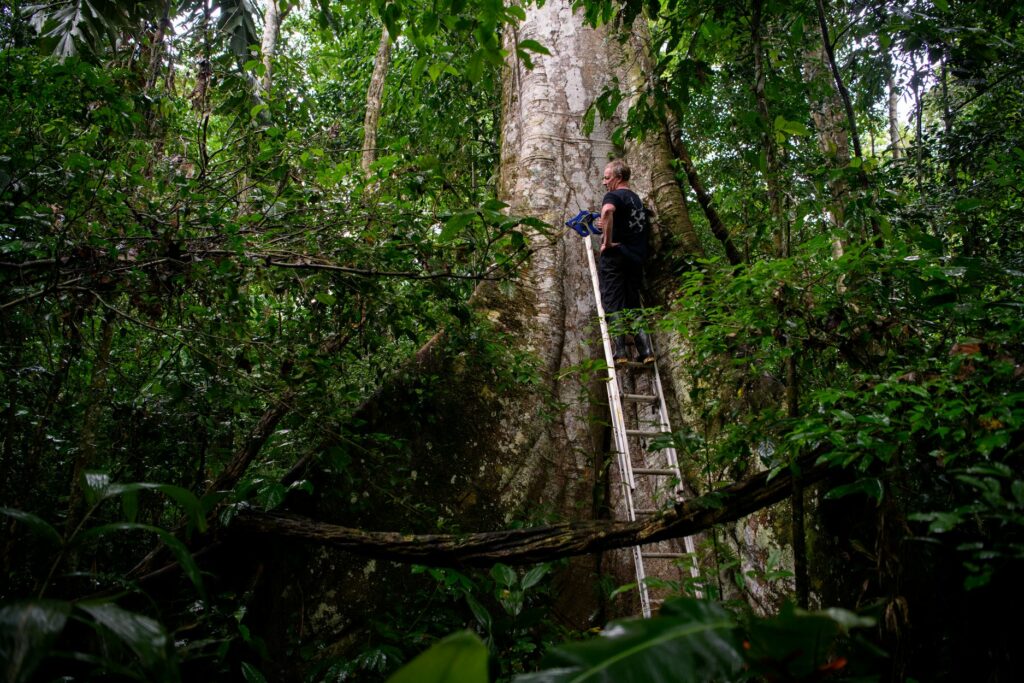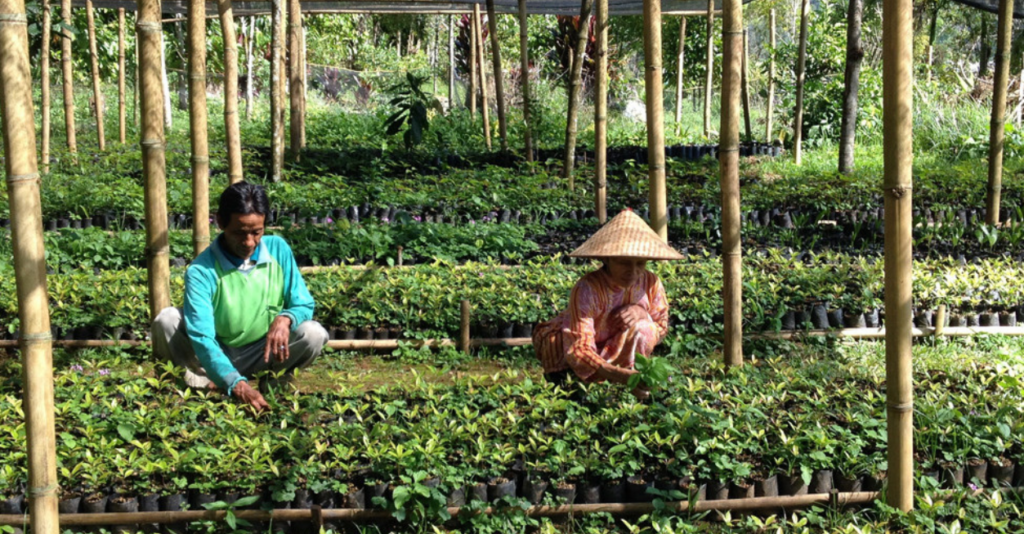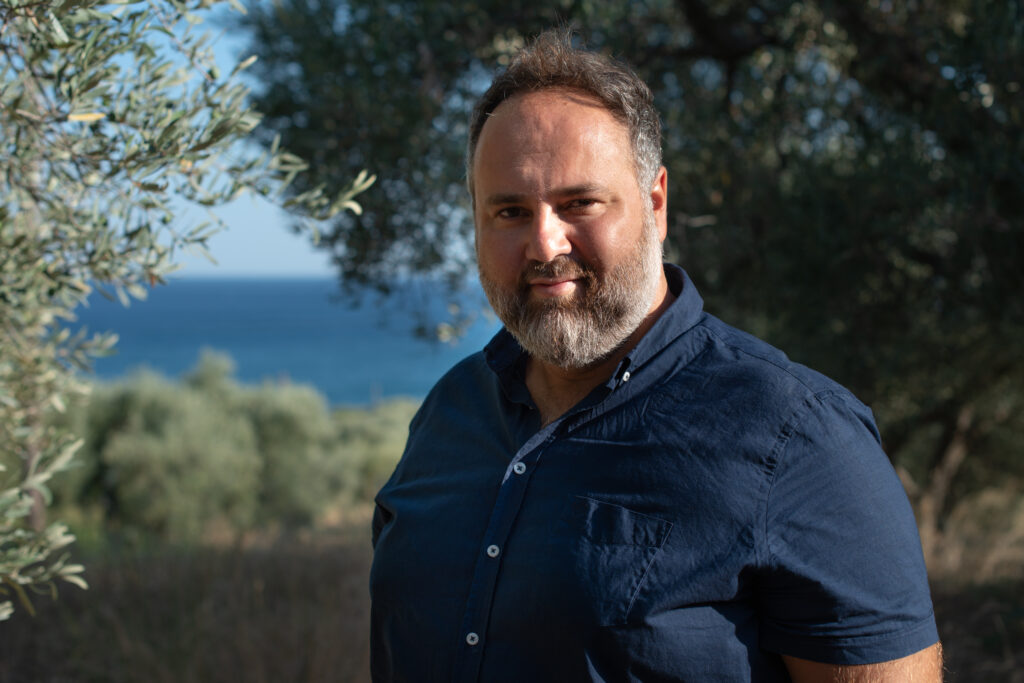Forest restoration powered by the global games industry
Forest restoration powered by the global games industry
At the GamesForest.Club, when we talk about “protecting nature” we mean a lot more. On the backend of our advocacy for protecting, preserving, restoring and honoring the incredible diversity of life on our warming planet, our day-to-day operations involve research and coordination with our forest restoration partners all over the world. These are organisations and communities that are highly competent at what they do, are ahead of the curve and embody knowledge that make them the most effective agents of change.
In practice, our work deals with a variety of issues: from plant communities, pollinators, grazing ecology, wildlife corridors, habitats, and bioregions to social justice, protection of land rights and gender equality. All these are subjects that are not normally associated with global warming, at least directly, but are essential and critical to the living systems that we aim to defend and strengthen. Ultimately, this understanding does not only concern the plots of forest lands that we support, but extends to the ecosystems that surround them: wetlands, peatlands, grasslands, mangroves, farmland and rangeland.
As we are trying to do our bit to halt planetary heating, our work focuses on three important aspects:
Halting deforestation and maintaining forests
Forests are arguably the most important thing humanity can do to keep the climate crisis in check, as global temperatures continue to rise. Our top priority is protecting primary forests, sometimes also called ‘old-growth forests, from destruction. They are the largest, most resilient, most carbon- and species-rich ecosystems on earth. Letting them continue to grow, and to absorb carbon from the atmosphere is the best investment we can make for our future.

Restoring degraded lands and expanding agroforestry
Agroforestry is a land use system that combines varied and dynamic combinations of trees, woody perennials, annuals and livestock. The diverse combination of plantings supports the ecological needs of the land, as well as the economic needs of the farmers and communities living from it. Trees provide shelter from wind, slow down water erosion, and create microclimates favourable to crops that might not have grown in open sunlight. Their roots anchor the soil, falling leaves nourish the ground, and the variety of plants growing on the land provide pollen for beneficial insects, including pollinators. And there is a direct benefit to the climate: fast-growing trees absorb significant amounts of atmospheric carbon. Due to the multi-functionality of agroforestry systems, they are praised by scientists for their potential to regenerate degraded lands, while supporting farmers’ incomes.

Reducing and ceasing net carbon emissions over time
Video games are humanity’s most favourite form of entertainment, with an estimated three billion players worldwide. Being aware of the energy needs of cloud and blockchain-backed gaming, we are here to raise awareness, engage and empower the broad ecosystem of game developers to stand up to the challenge. We are not only offering some of the best carbon offsetting opportunities to our members, but -maybe more crucially- we see games as the platform where players can acquire new knowledge and take action against the climate crisis.
The approach we follow at the GamesForest.Club protects and restores ecosystems, addresses equity, and creates life. But it also creates opportunities. If implemented rapidly and globally, restoring the world’s forest ecosystems can prevent global warming from reaching dangerous and irreversible tipping points. Is it ambitious? Of course. Is it possible? Absolutely. With your support.
Pavlos Georgiadis
Head of Ecosystem Restoration, GamesForest.Club
Pavlos Georgiadis is a biodiversity, ecosystem restoration and community-led climate action specialist. In the last 15 years, he has worked with indigenous and rural communities in over 20 countries in Europe, Asia and America at the nexus between traditional ecological knowledge, rural innovation and policy change.
He is an Adjunct Lecturer at the American University of Armenia, instructing academic courses on Sustainable Food Systems and Ethnobotany. He holds a BSc/(Hons) in Plant Science from the University of Edinburgh; an MSc in Biodiversity & Taxonomy of Plants from the Royal Botanic Garden Edinburgh; and an MSc in Environmental Protection & Agricultural Food Production from the University of Hohenheim, where he is currently finalising a PhD in Societal Transition & Agriculture. Pavlos is a Fellow of Salzburg Global Seminar.
